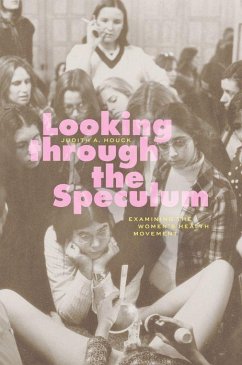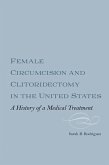"The women's health movement in the United States, beginning in 1969 and taking hold in the 1970s, was a broad-based movement seeking to increase women's bodily knowledge, reproductive control, and well-being. It was a political movement that insisted that bodily autonomy provided the key to women's liberation. It was also an institution-building movement that sought to transform women's relationship with medicine; it was dedicated to increasing women's access to affordable health care without the barriers of homophobia, racism, and sexism. But the movement did not only focus on women's bodies. It also encouraged activists to reimagine their relationships with one another, to develop their relationships in the name of personal and political change, and, eventually, to discover and confront the limitations of the bonds of womanhood. This book examines historically the emergence, development, travails, and successes of the women's health movement in the United States. By bringing medical history and the history of women's bodies into our emerging understandings of second-wave feminism, the author sheds light on the understudied health needs and health activism of lesbians and others outside the hospital-in the home, the dispensary, the church basement, the bookshop, and the clinic. At its center are the politics, institutions, and relationships created by and within the women's health movement, depicted primarily from the perspective of the activists who shaped its priorities, fought its battles, and struggled with its shortcomings"--
Hinweis: Dieser Artikel kann nur an eine deutsche Lieferadresse ausgeliefert werden.
Hinweis: Dieser Artikel kann nur an eine deutsche Lieferadresse ausgeliefert werden.








